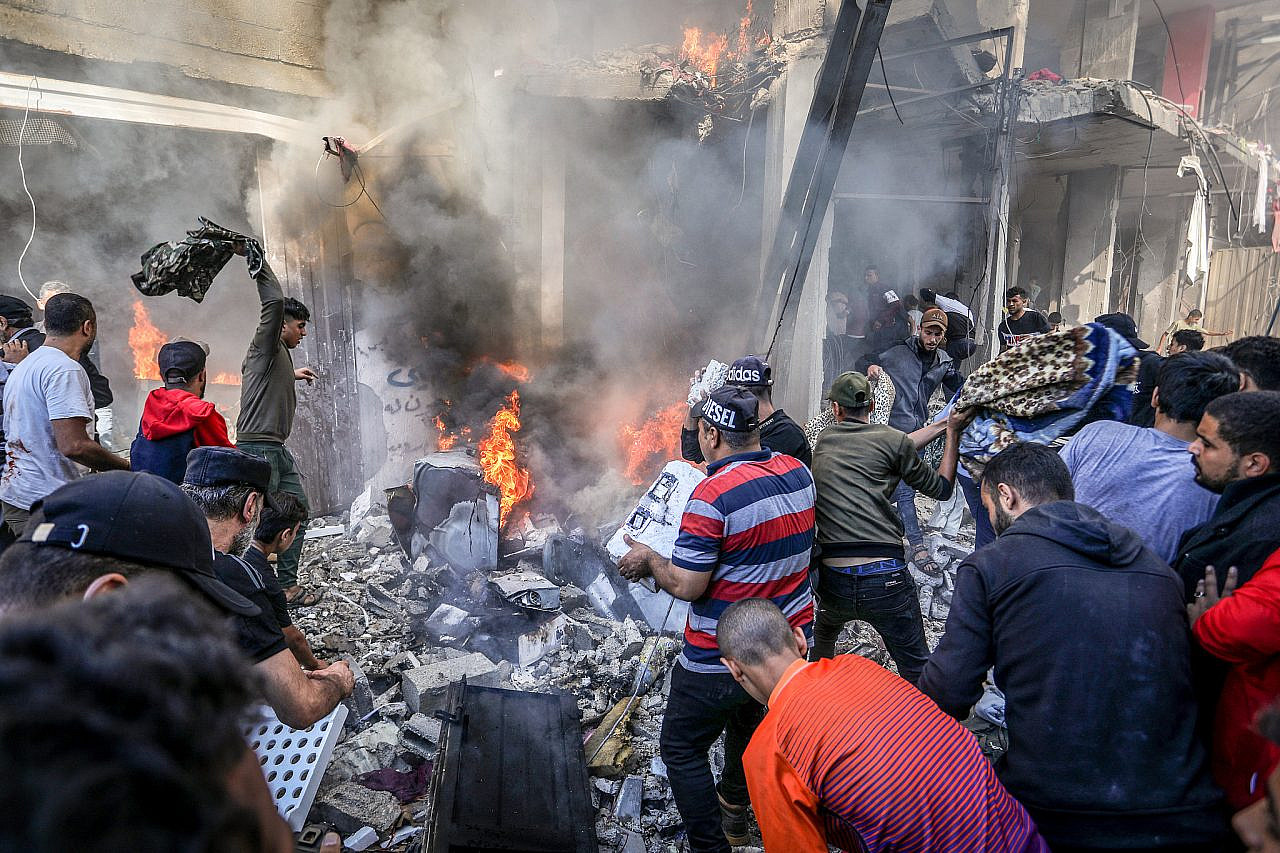 A new global treaty banning cluster munitions has come into force. The Convention on Cluster Munitions bans the stockpiling, use and transfer of virtually all existing cluster bombs, and also provides for the clearing up of unexploded munitions.
A new global treaty banning cluster munitions has come into force. The Convention on Cluster Munitions bans the stockpiling, use and transfer of virtually all existing cluster bombs, and also provides for the clearing up of unexploded munitions.
It has been adopted by 108 states, of which 38 have ratified it. First developed during World War II, cluster bombs contain a number of smaller bomblets designed to cover a large area and deter an advancing army.
Campaigners have hailed the treaty as the most significant disarmament and humanitarian treaty for a decade.
"This is a triumph of humanitarian values over a cruel and unjust weapon," Thomas Nash, co-ordinator of the Cluster Munition Coalition (CMC), told the BBC.
"At a time when concern over civilian deaths in conflict is in the news, this treaty stands out as a clear example of what governments must do to protect civilians and redress the harm already caused by cluster bombs."





 The United States will mark the 84th anniversary of the Japanese attack on the U.S. naval...
The United States will mark the 84th anniversary of the Japanese attack on the U.S. naval... In 2021, a book titled “The Human-Machine Team: How to Create Synergy Between Human and Artificial...
In 2021, a book titled “The Human-Machine Team: How to Create Synergy Between Human and Artificial...:focal(1285x1016:1286x1017)/https://tf-cmsv2-smithsonianmag-media.s3.amazonaws.com/filer_public/d1/4e/d14ed238-3b62-4506-9f53-fc2178dade60/nov2025_d17_prologue.jpg) In the fall of 1945, a bit more than six years after Nazi Germany invaded Poland...
In the fall of 1945, a bit more than six years after Nazi Germany invaded Poland... The last plane carrying U.S. forces left Afghanistan on Monday, meeting an Aug. 31 deadline to withdraw...
The last plane carrying U.S. forces left Afghanistan on Monday, meeting an Aug. 31 deadline to withdraw...






























